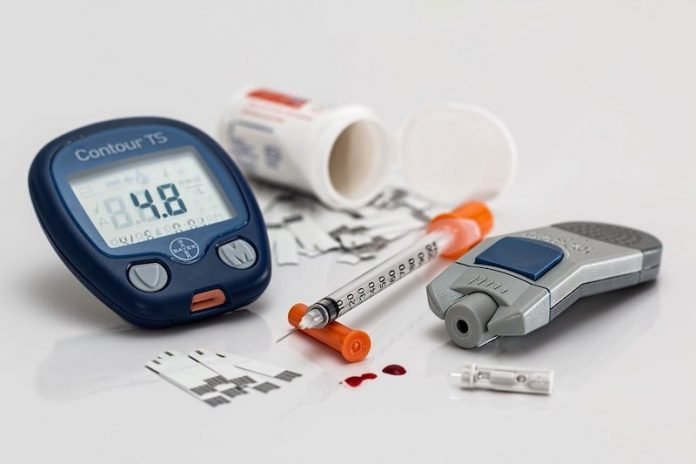
For some people with type 2 diabetes, the thought of daily shots makes them delay or avoid starting insulin therapy.
In a new study, researchers provide some hope for those insulin avoiders—a once-a-week insulin injection may someday replace daily shots.
They compared the new weekly insulin, called icodec, to the commonly used insulin glargine (Lantus, Basaglar).
They found the new insulin led to a similar reduction in blood sugar levels. The weekly insulin also had a similar safety profile to daily insulin glargine.
The research was conducted by a team at the Dallas Diabetes Research Center at Medical City in Dallas.
Insulin is a hormone that helps the body process sugars from foods. Insulin ushers sugar from the blood into the body’s cells, where it can be used for fuel.
People with type 2 diabetes usually don’t use insulin efficiently, and they may not make enough insulin to keep up with the body’s demands.
That’s when people with type 2 diabetes often need to start taking insulin.
In the study, the team tested nearly 250 people with type 2 diabetes, aged 18 to 75. None had received long-term insulin therapy before the trial.
The participants’ diabetes was considered inadequately controlled, with A1Cs of 7% to 9.5%.
A1C is a measure that estimates blood sugar levels over two months or so. A1C goals vary by individual, but often the goal is to be under 7%.
During the six-month trial, half of the participants were assigned to take weekly injections of icodec. The remaining volunteers took insulin glargine daily.
By the end of the study, people taking icodec saw a 1.33% drop in their A1C. The insulin glargine group dropped by 1.15% points.
Both groups had average A1Cs under 7% after starting insulin therapy.
One concern with any type of insulin therapy is low blood sugar (hypoglycemia).
The team found the two types of insulin had similar levels of severe hypoglycemic events. Most of the adverse events in this trial were mild.
The findings show that this is a very promising, innovative treatment. Insulin gradually releases over seven days.
The team hopes to start its phase 3 trials of icodec later this year. If all goes well in the phase 3 trials, the drug will eventually be available to people with both type 1 and type 2 diabetes.
One author of the study is Dr. Julio Rosenstock.
The study is published in the New England Journal of Medicine.
Copyright © 2020 Knowridge Science Report. All rights reserved.


